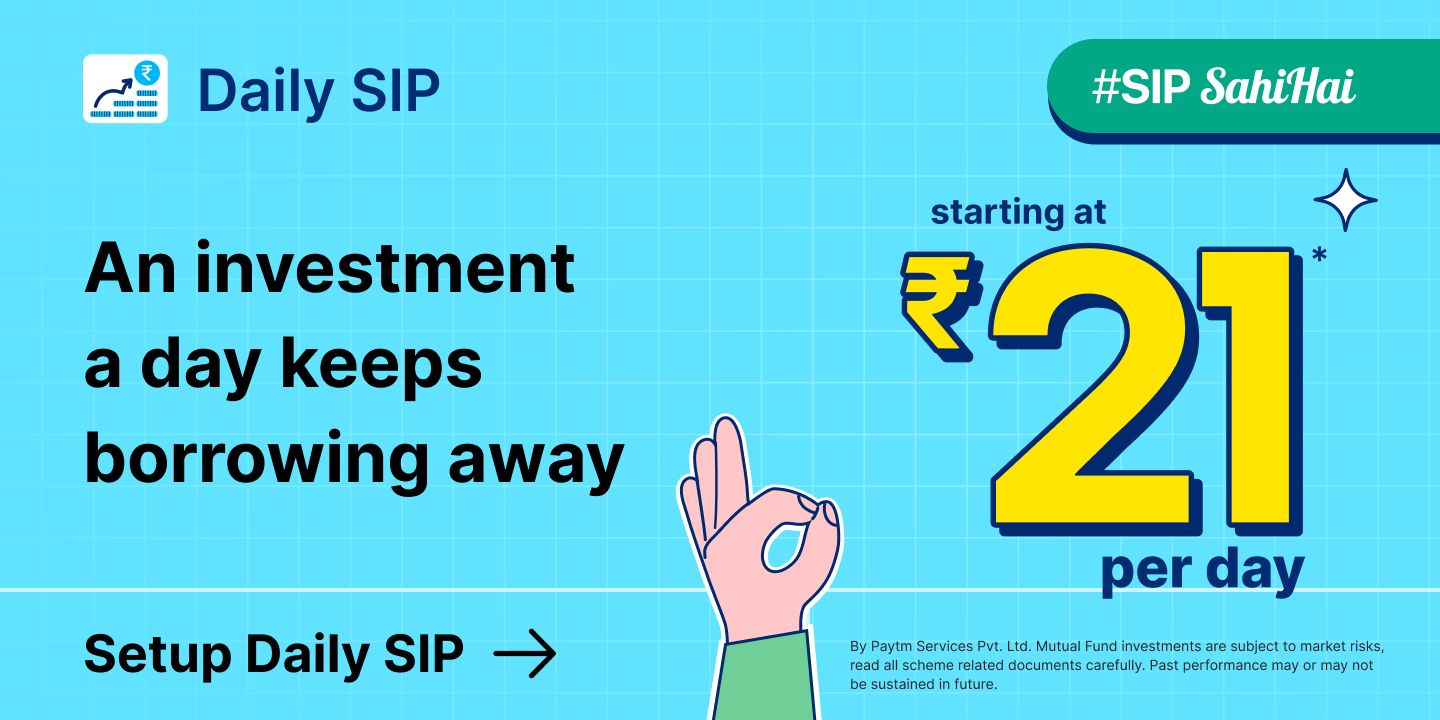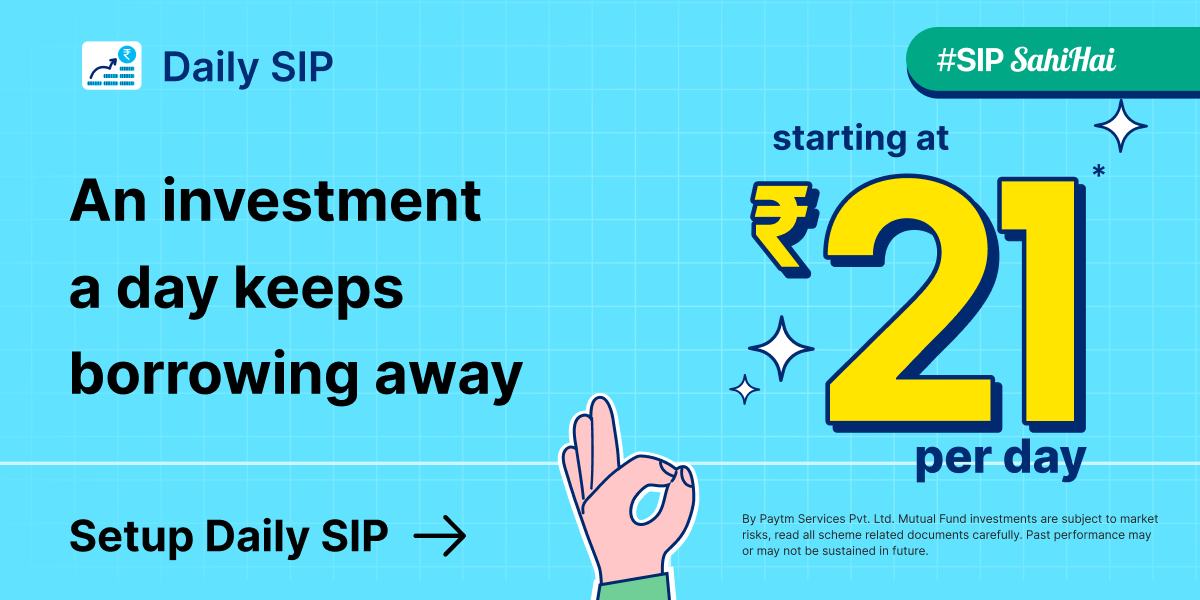Mutual funds have long been a popular investment choice for individuals seeking to grow their wealth over time. They offer a diversified portfolio managed by professionals, making them an attractive option for both novice and seasoned investors. While much emphasis is placed on when to buy mutual funds, knowing when to sell them is equally crucial. Making the decision to sell your mutual funds requires careful consideration and an understanding of various factors that can impact their performance.
In this article, we will delve into the question of when should you sell your mutual funds, exploring key indicators and strategies to help you make informed decisions and optimize your investment portfolio.
Why Should You Sell Your Mutual Funds?
There are several reasons to sell your mutual funds. Poor performance over an extended period, changing financial goals, high fees or expenses, a significant shift in fund strategy or management, the need for portfolio rebalancing, and a loss of diversification are common factors that may prompt you to sell. It’s essential to evaluate each situation carefully and consider consulting with a financial advisor before making any decisions.
When Is the Best Time to Sell Mutual Funds?
You can consider selling your mutual fund shares for the following reasons:
- You’ve achieved your financial objective
You might want to sell your shares in a mutual fund if you invested with a specific financial objective, such as retirement savings or a down payment on a home.
- The fund is not performing well
You might want to think about selling your shares and investing in a different mutual fund if the fund you have invested in is underperforming, which means that it is not fulfilling your expectations for growth.
- You require the funds
Further, you can consider selling off your mutual fund shares if you need the cash for an unanticipated emergency, like a medical bill or a hefty car repair bill.
- You are changing your investment strategies
You could choose to sell your mutual fund shares and invest in new funds that are more consistent with your new strategy if your investment approach is changing.
Note: When deciding whether to sell your mutual fund shares, it’s important to be aware of the associated costs. Redemption fees can vary depending on the fund and broker you choose. It’s advisable to consult with a financial expert to evaluate your specific situation and make an informed decision.
Factors to Consider While Selling Your Mutual Fund
A few things can impact your return when you sell your mutual fund shares. These are:
- Back-end loads
When redeeming your shares of a mutual fund, a back-end load may be applied, which deducts a portion of the share’s value. Back-end load is a fee paid by investors when selling mutual fund shares. However, if you have held your shares for a longer period, the back-end load is typically lower, as it tends to decrease over time.
- Tax repercussions
When redeeming mutual fund shares in a taxable account, it’s important to consider potential capital gains taxes. Selling assets, including mutual funds, can trigger capital gains taxes on the earnings you’ve made. The amount of capital gains tax you owe depends on your income and the duration you held the shares.
When considering whether or not to redeem your mutual fund shares, It is crucial to consider the above mentioned points these aspects. You should speak with a tax professional if you have any questions about how selling mutual funds shares will affect your taxes.
Also Read: Taxation of Mutual Funds
How to Sell Mutual Funds?
- Through the AMC
You can sell your mutual fund shares directly with the Asset Management Company (AMC) through their online portal or offline by visiting the AMC office. You can choose to sell some units or all. After your request is processed, the redemption amount will be credited to your bank account via NEFT or through a cheque sent to your registered address. Online redemptions are typically faster, with the amount being credited within a day or two.
- Through a demat or trading account
If you purchased mutual funds through a demat account or trading account, you can redeem your units using the same account. Once your redemption request is processed, the amount will be credited to the bank account linked to your demat account via NEFT (National Electronic Funds Transfer) or IMPS (Immediate Payment Service). This streamlines the redemption process and ensures the funds are transferred to your designated bank account efficiently.
- Through a third-party agent
If you prefer not to handle the process of redeeming your mutual fund shares yourself, you have the option to use third-party agents. There are firms that specialize in facilitating the liquidation of mutual funds, but keep in mind that they typically charge a fee for their services.
Conclusion
Deciding whether or not to sell your investments is a personal decision that depends on your individual circumstances. If you have an immediate need for funds, selling mutual fund units in a specific fund could be an option. However, it’s important to consider that mutual funds can generate positive returns over the long term. Before making a decision, carefully weigh the advantages and disadvantages of selling to ensure it aligns with your financial goals.








